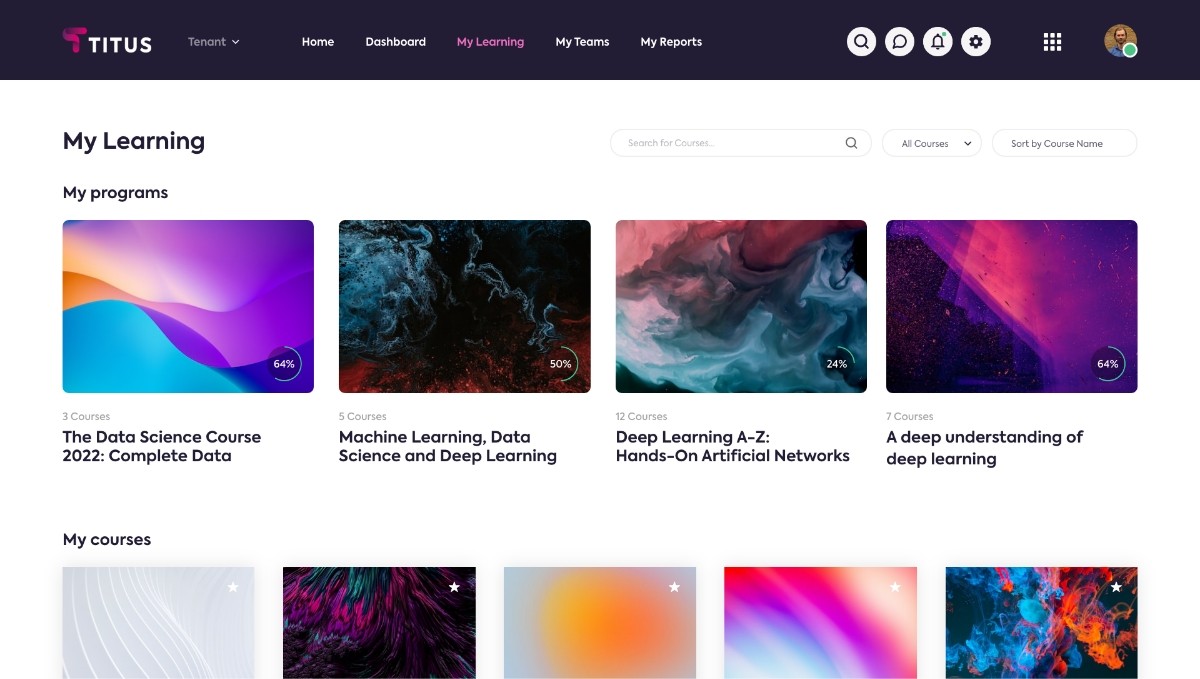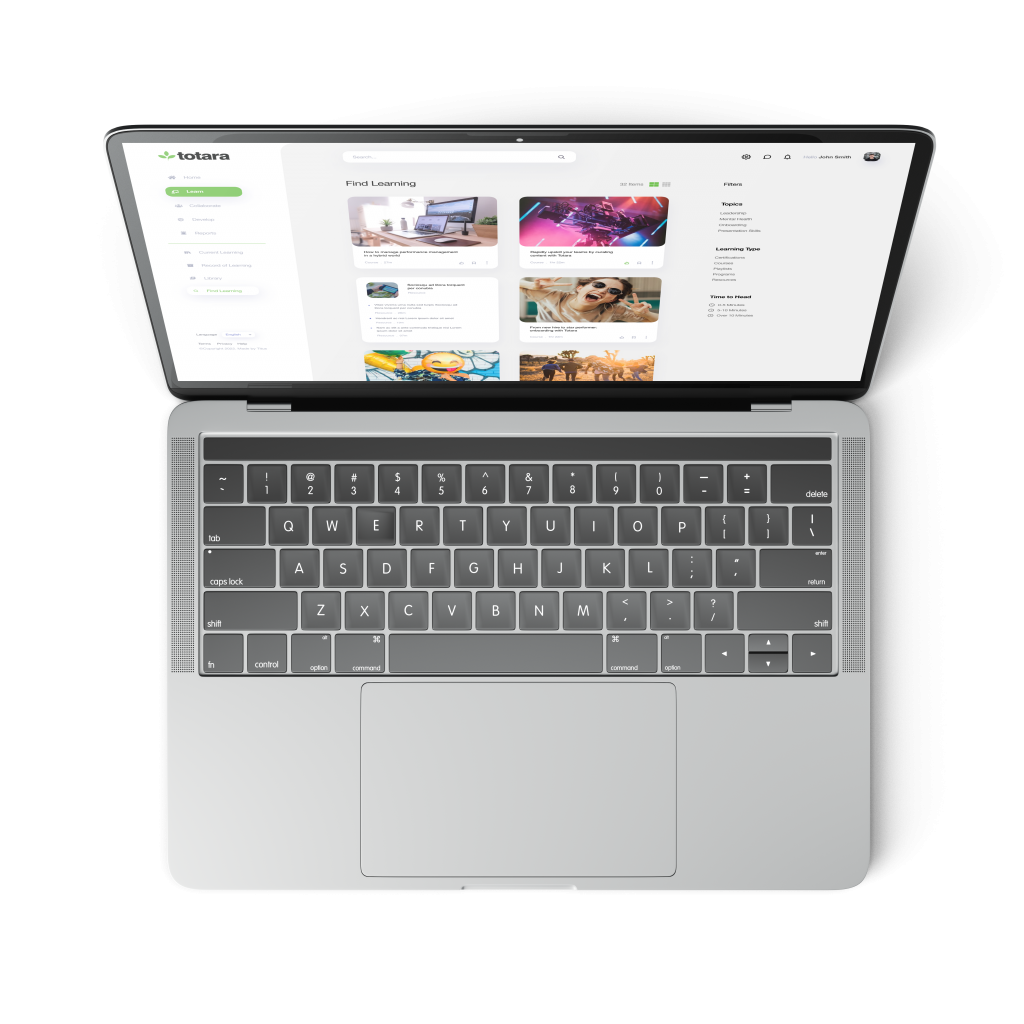Keeping Your Moodle Platform Secure: Why It Matters
At Titus, we understand that trust is paramount when it comes to securing your learning platform. With a proven track record of safeguarding digital spaces, we offer solutions that prioritise your peace of mind.







Is Moode safe?
Moodle platforms store a lot of data. From email addresses to messages, your platform will quickly build up plenty of information on the people who use it, which is why Moodle security is so important.
This isn’t a bad thing. In fact, a Moodle platform is expected to contain this information. But what is essential is that you have the correct security measures in place so that your platform’s data can’t be hacked or disrupted by malicious parties.
We work with educational institutions that hold sensitive information on students through to large organisations with platforms containing information on tens of thousands of users. And in each case, we take careful consideration to make sure their platforms are entirely secure.
In this article, we’ll explain the importance of security for your platform, the security features that Moodle already has, as well as some tips and tricks to make your platform as safe as possible.

“Moodle Security” - features to keep your platform secure
1. Security by design
From its early development through today, Moodle follows a strict development process called ‘security by design’. This means that any development or change that Moodle introduces has the platform’s security at its forefront. A full list of these security by design processes can be found here.
2. Data protection
Moodle will never collect, use or monetise any data you store on your Moodle platform. Which alongside the various policy documents and data request tools accessible here means your platform will be fully GDPR compliant.
3. Plugin Security
We’ve often spoken about the benefits of Moodle Plugins (such as H5P), and because they’re usually made by third party sources, we’re often asked how secure they are. Moodle requires all available plugins to implement a Privacy API to make sure they’re GDPR compliant.
4. Proactive Testing
Finally, Moodle deploys a proactive security testing and vulnerability disclosure program. Moodle collaborates with Bugcrowd, which allows global security researchers to test Moodle constantly. Beyond this, Moodle also has the benefit of its massive user base. At any one time there are millions of administrators and security experts monitoring any potential vulnerabilities and reporting them through the vulnerability disclosure program.
Moodle’s recommended top tips for security
Moodle also has recommendations you can implement to add an extra layer of safety. Here’s what you can do:
Register your Moodle site
Doing this means you’ll be alerted immediately when new Moodle versions are released, allowing you to stay on top of the latest security features.
Back-up your site regularly
You can make a save of your platform so that if any issues do occur, you can restore to a version before it happened.
Follow the principle of ‘least privilege’
A hierarchical structure meaning the few at the top, such as administrators, will have access to the most information. Whilst the many at the bottom, such as learners, have access to the least information. It’s also important to make sure that users only have access to the content which is relevant to them.
Report any issues
Use the security reporting forum to inform Moodle of any potential vulnerabilities you see. Once they’re brought to Moodle’s attention, they can be resolved ASAP.
Why you should work with a certified Moodle partner
Choosing a certified Moodle partner offers specialised expertise and reliable support. Certified partners undergo rigorous training, ensuring they possess in-depth knowledge of Moodle’s functionalities and best practices.
With a certified partner, organisations gain access to tailored guidance for implementing new features, resolving technical issues, and optimising platform performance.
Partnering with a trusted, certified Moodle provider ensures quality service and ongoing support, maximising the potential of the Moodle platform while minimising risks.
What are the latest features and updates in Moodle?
Titus Roadmap
FAQs
It’s important to keep your Moodle installation up to date with the latest security patches and updates to ensure that known vulnerabilities are addressed. You should check for updates regularly and install them as soon as possible, ideally within a few days of their release.
You can secure your Moodle site by staying updated with the latest versions, implementing strong password policies, enabling HTTPS, restricting access to sensitive information, and monitoring for suspicious activity.
If you suspect that your Moodle site has been hacked, it’s crucial to take immediate action to limit the damage. This may include disconnecting the site from the internet, changing all passwords, and restoring a recent site backup. You should also investigate the cause of the security breach and take steps to prevent it from happening again.
Yes, Moodle can be integrated with antivirus software to detect and remove malware and other security threats. There are several antivirus plugins available for Moodle, including ClamAV and Kaspersky.
To secure your Moodle installation, you should regularly update the LMS and its plugins and remove unused add-ons. Other best practices include choosing a reliable hosting provider, using HTTPS, restricting access to sensitive files, enabling firewalls, and regularly backing up your data.
Ready to get started?
To find out how Titus can get your organisation up and running with Moodle, get in touch.







